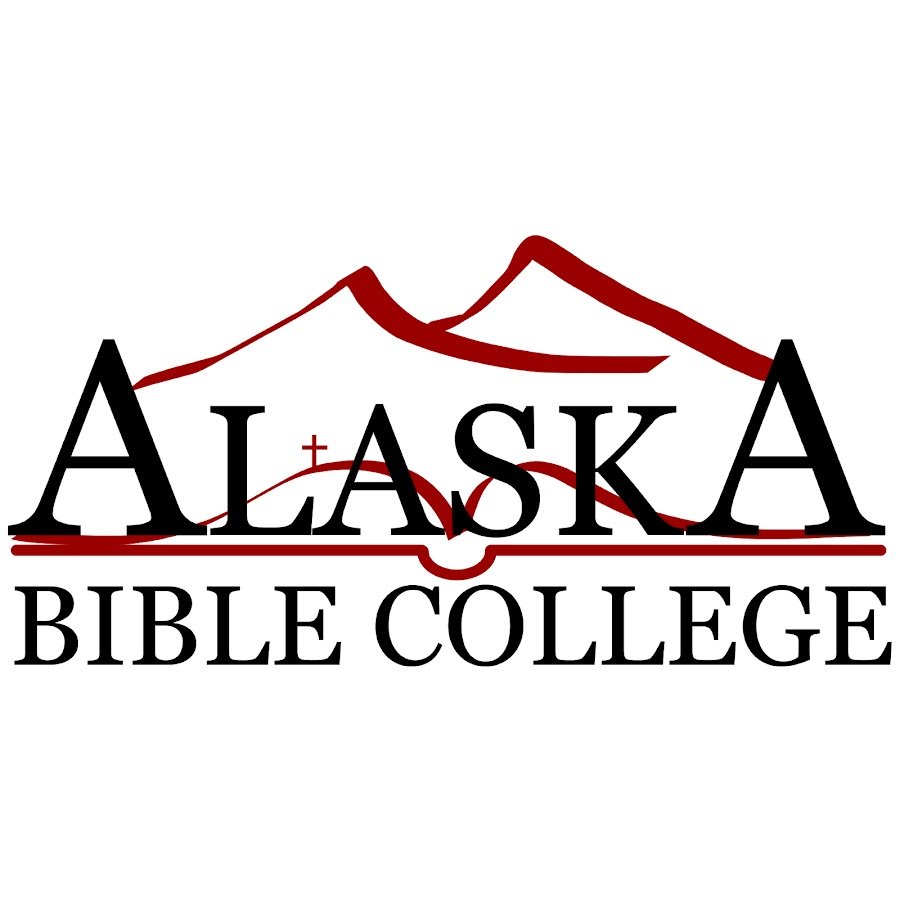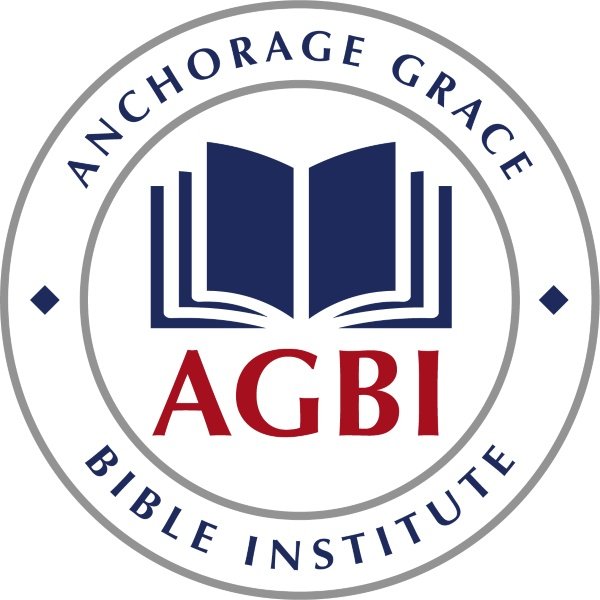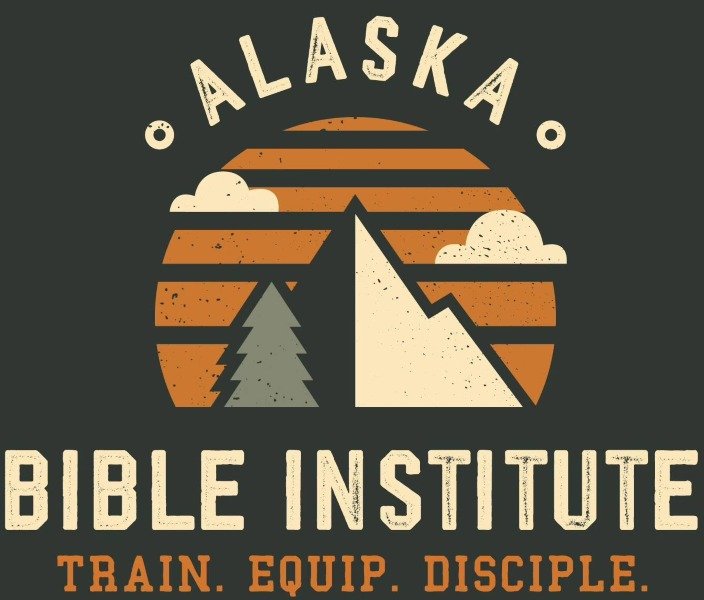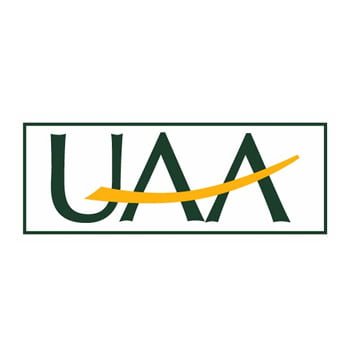
Theological Seminaries in Alaska
Your Resource for the Best Seminaries in Alaska
Best Theological Seminaries in Alaska
If you’re seeking quality theological education in the unique and diverse landscape of Alaska, you’ve come to the right place.
Alaska is home to several respected theological seminaries that offer robust academic programs and a supportive environment for spiritual growth.
These institutions are dedicated to preparing future religious leaders, pastors, and theologians with a strong foundation in biblical studies and theological principles.
Top Theological Seminaries in Alaska
Here are some of the top theological seminaries in Alaska known for their commitment to academic excellence and spiritual formation:

Alaska Bible College
Location: Anchorage, AK
Denomination: Assemblies of God
Notable for: Alaska Bible College is a prominent institution dedicated to training individuals for Christian ministry and leadership within the Assemblies of God denomination. The college offers a range of programs, including Associate and Bachelor degrees in Biblical Studies and Christian Ministry. Known for its strong emphasis on practical ministry skills and biblical literacy, Alaska Bible College provides students with opportunities for hands-on ministry experience through internships and local church partnerships.

Anchorage Grace Theological Seminary
Location: Anchorage, AK
Denomination: Non-denominational
Notable for: Anchorage Grace Theological Seminary offers a Theological Master’s (TMS) program designed to equip students with comprehensive theological knowledge and practical ministry skills tailored to the unique cultural and geographical context of Alaska. The seminary emphasizes integrating indigenous perspectives and addressing the specific challenges faced by ministries in remote and diverse communities.

Alaska Bible Institute
Location: Homer, AK
Denomination: Non-denominational
Notable for: Alaska Bible Institute offers a tuition-free Biblical Studies Program, focusing on discipleship, pastoral preparation, missions, and family ministry. With a unique location in Alaska, ABI provides a reflective environment and hands-on ministry experience in its remote and natural setting. Open to individuals, couples, and families, the program is supported by donations, making it accessible to those seeking to deepen their biblical understanding and commitment to Christian service.

University of Alaska Anchorage (UAA) – Religious Studies Program
Location: Anchorage, AK
Denomination: Various
Notable for: While not a seminary, the Religious Studies program at the University of Alaska Anchorage offers robust courses in theology, religious history, and ethical studies. This program is ideal for students seeking a broader academic perspective on religion and theology, potentially complementing ministry training from other institutions.
Why Choose a Seminary in Alaska?
Here are several compelling reasons to consider a seminary in Alaska:

Unique Cultural and Environmental Context
Alaska’s diverse cultural heritage, including its rich Native Alaskan traditions, provides a distinctive backdrop for theological studies. Seminaries in Alaska often incorporate indigenous perspectives and address the unique spiritual and social issues relevant to the region.
Small, Close-Knit Communities
Many seminaries in Alaska maintain smaller student bodies, promoting a close-knit and supportive community.
Opportunities for Leadership Development
Seminaries in Alaska are dedicated to developing strong leaders for the church and broader community.
(FAQs) About Theological Seminary in Alaska
Alaskan seminaries encompass a variety of denominational affiliations, reflecting the state’s diverse Christian landscape. Common affiliations include:
Interdenominational: Open to students from multiple Christian traditions without strict denominational ties.
Non-Denominational: Independent institutions that may not align with any specific denomination but maintain a general Christian foundation.
Specific Denominations: Some seminaries are affiliated with particular denominations, such as Assemblies of God (Alaska Bible College), Presbyterian, Baptist, Methodist, or Pentecostal traditions. These affiliations often influence the seminary’s doctrinal teachings, governance, and community life.
Yes, many seminaries in Alaska recognize the need for flexible learning options and offer online or distance education programs. These programs allow students to:
Complete Coursework Remotely: Access lectures, assignments, and resources through online platforms.
Balance Studies with Ministry: Continue serving in ministry roles while pursuing academic credentials.
Customize Learning Schedules: Adapt study times to fit personal and professional commitments.
Master of Divinity (MDiv): Prepares students for pastoral leadership and various ministry roles within churches.
Theological Master’s (TMS): Focuses on comprehensive theological knowledge and practical ministry skills, often with options for specialization.
Bachelor’s Degrees: Programs in Biblical Studies, Christian Ministry, or Religious Studies for foundational theological education.
Certificates and Diplomas: Shorter programs focusing on specific areas such as Christian Counseling, Ministry Leadership, or Indigenous Theology.
Doctor of Ministry (DMin): Advanced training for experienced ministers seeking to deepen their leadership and ministry expertise.
Each seminary may offer different programs, so it’s advisable to review the specific offerings of each institution.
Student life at theological seminaries in Alaska is often characterized by a strong sense of community, spiritual growth, and academic engagement. Common aspects include:
Worship Services: Regular chapel services, prayer meetings, and worship gatherings are integral to the seminary experience.
Fellowship Activities: Social events, study groups, and extracurricular activities foster camaraderie among students.
Ministry Opportunities: Practical ministry experiences through internships, church placements, and mission trips.
Mentorship and Support: Close relationships with faculty and mentors who provide academic guidance and spiritual support.
Residential Life: Some seminaries offer on-campus housing, creating a residential community for students to live and study together.
Clubs and Organizations: Various student-led groups focused on specific interests, such as mission work, theology discussion, or service projects.
A Master of Divinity (MDiv) program at seminaries in Alaska typically takes three years of full-time study to complete. The program generally includes:
Core Curriculum: Courses in biblical studies, theology, church history, pastoral care, homiletics (preaching), and practical ministry.
Electives: Specialized courses that allow students to focus on areas such as counseling, missions, or church administration.
Practicum: Hands-on ministry experience through internships or field placements.
Capstone Project: A final project or thesis that integrates academic learning with practical ministry application.
